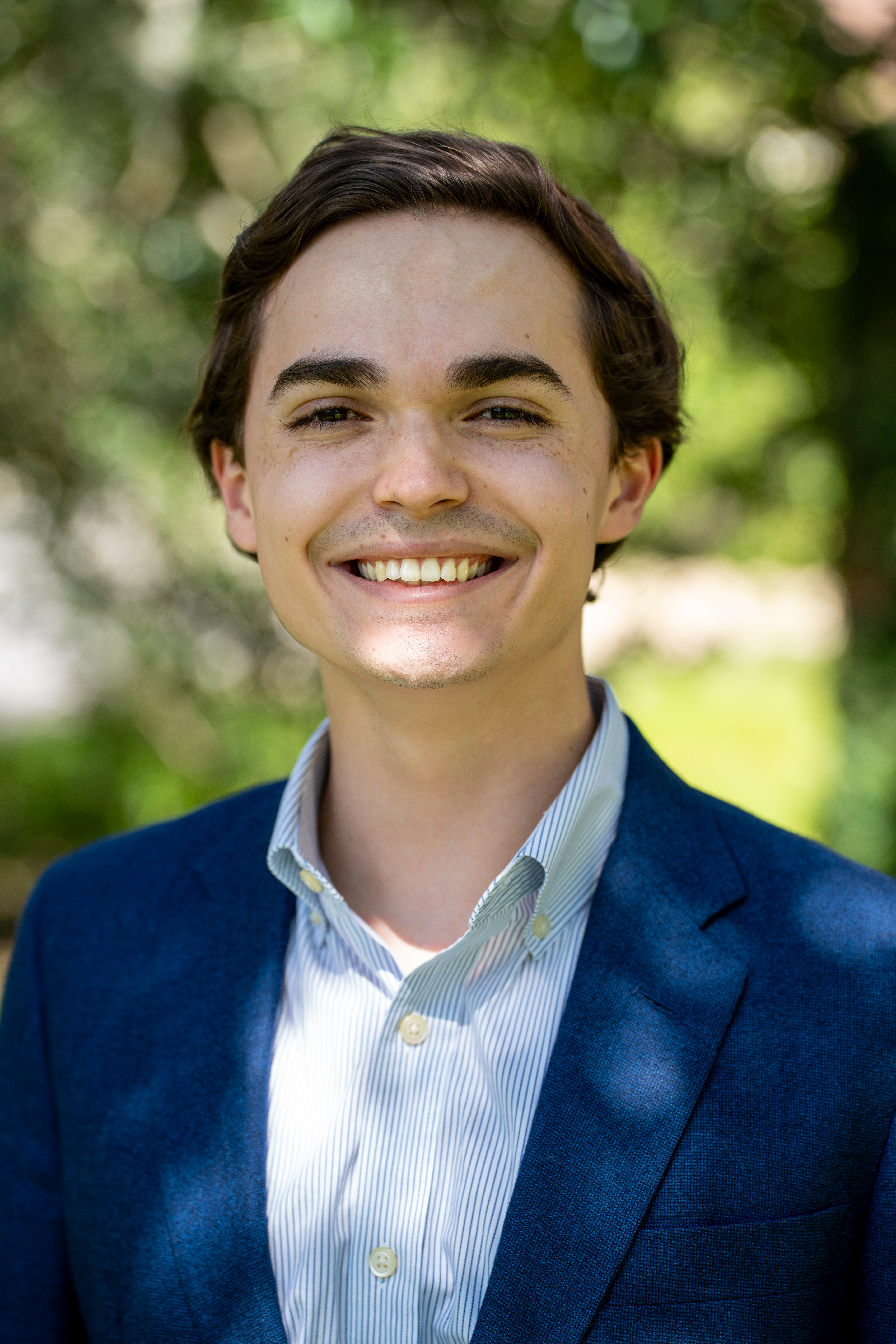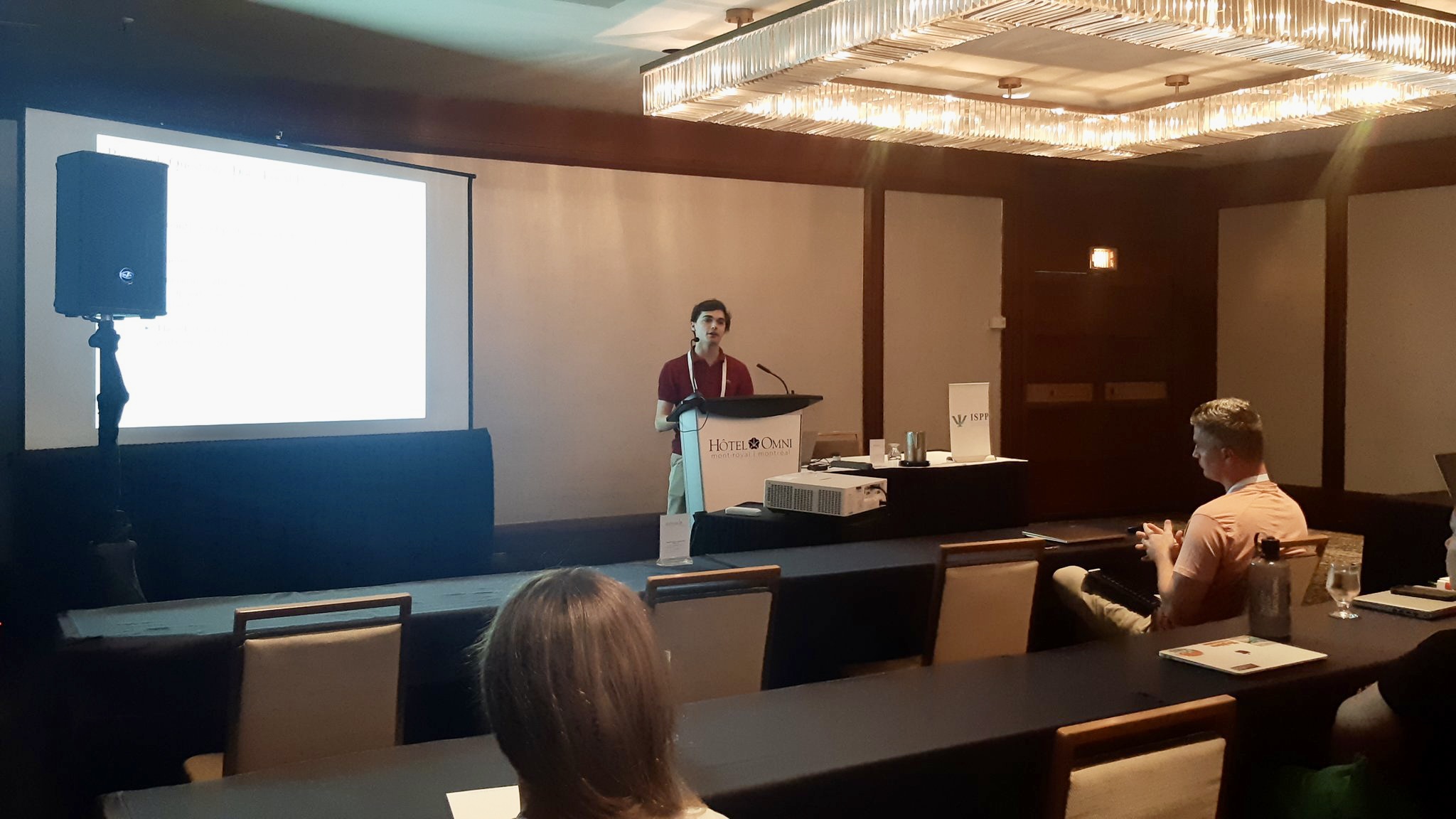President's Showcase
Eli Mckown-Dawson
Supervising Professor: Dr. Lonna Atkeson
Eli McKown-Dawson is a senior majoring in Political Science with minors in Statistics and Philosophy. He discovered his passion for public opinion research in the Political Science Department’s Research Intensive Bachelor’s Certificate Program. Since then, he has worked with Dr. Lonna Atkeson to study elections, American voting behavior, and survey methodology. Eli is also an Undergraduate Research Fellow with the LeRoy Collins Institute, a Research Intern with the DeVoe L. Moore Center, a contributor at YouGov, and a Policy Director in FSU’s Student Government Association. His research assessing Americans’ confidence in election outcomes and beliefs about the secrecy of their ballot has been published by YouGov, the Election Law Journal, and the MIT Election Data & Science Lab.
Abstract
America’s political environment has become increasingly nationalized and affectively polarized. Both findings support the implication that local political context has become less important, with relatively homogenous groups of Democrats and Republicans behaving similarly across the country. I challenge this assumption and show that local political conditions moderate the association between party identification, voting behavior, and policy positions. I hypothesize that location influences these behaviors and attitudes through place-based differences in the partisan makeup of Americans’ social networks. Living and interacting with those who support a particular political party should nudge Americans to support candidates and issues supported by that party. I utilize Cooperative Election Study data from 2006 to 2022 to assess whether the partisan makeup of respondents’ counties, measured as the average difference between county-level Democratic and Republican vote share in the previous three presidential elections, is associated with behavioral or attitudinal differences among co-partisans. I find significant differences in Americans’ political behavior and policy preferences based on local party support in their counties. Holding individual-level party identification constant, Americans in Democratic counties are more likely to support Democratic policy positions, and Americans in Republican counties are more likely to support Republican policy positions. These effects are strongest among independents and “weak” partisans, while “strong” and “leaning” partisans are less likely to be impacted by place. My findings shed light on how communities and social networks influence political behavior and have implications for the accuracy of public opinion surveys.
Presentation Materials


